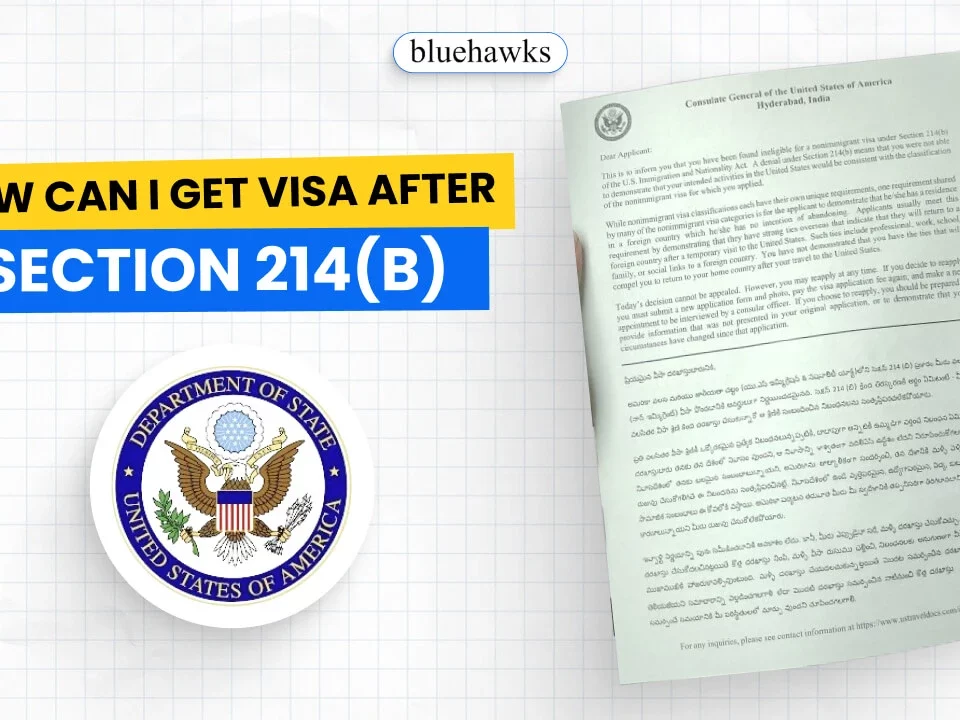Mastering the IELTS Speaking Test: Tips for Achieving Band 9

Mastering the IELTS Speaking Test: Tips for Achieving Band 9
The IELTS speaking exam is designed to evaluate your proficiency with the English language in everyday speech. You will be asked to sit in a quiet area with an examiner who will converse with you during the examination. For the majority of Indian students, the speaking portion of the IELTS exam is the most difficult.
This portion evaluates your correctness, pronunciation, fluency and coherence, and lexical resource. In this blog, we'll talk about how, with enough practice, you may become fluent and self-assured when speaking English and get a speaking band 9.
IELTS Speaking Section Organization
Prior to discussing strategies for achieving an IELTS speaking band 9, it's critical to comprehend the format and format of the test:
Overview and conversation (4-5 minutes)
A few basic questions about your background, family, profession, education, interests, and pastimes will be asked of you.
Flashcards (2–3 minutes)
You will then receive a flashcard with a specific topic on it from the examiner. Before being asked to talk for approximately two minutes on the subject, you will have a minute or two to become familiar with it. The examiner may assess your subject-matter knowledge by asking you a few questions after your discussion.
Conversations (5-7 minutes)
More in-depth questions and abstract discussions will be held in relation to the selected topic and your speech. You'll get the ability to go into further detail about the problems related to your selected topic.
Tips for Obtaining IELTS Speaking Band 9
Whether you choose to take the IELTS academic or general training test on paper or on a computer, the speaking portion remains the same. A face-to-face interview with a qualified IELTS examiner is always part of it. It is the easiest section of the IELTS exam to master because it calls for practical strategies.
To achieve an IELTS speaking band 9, consider the following techniques and tricks:
Avoid drawing attention to your accent: Because the examiner will see that you are not a natural English speaker from a nation where the language is spoken. However, you shouldn't worry about your accent either because it won't effect your overall IELTS score as long as you pronounce everything correctly.
Avoid fillers: Speaking confidently and clearly will raise your IELTS score overall. Fillers ought to be stayed away from. Candidates typically use fillers when they are at a loss for words when answering a question. But this could give the examiner the incorrect idea, making them think you don't have the necessary language skills. Use idioms and phrases to support your response, and stay away from them.
Use a variety of speaking techniques: When we utter some sentences, we could speak them coldly or monotonously. Effective speaking strategies, such as emphasizing keywords and varying the tone of your voice, will help you make a positive impression on the examiner regarding your ability to communicate.
Don't speak too quickly: Speaking too quickly could lead to more mistakes rather than improve your fluency score. Rather, remain composed, use appropriate language, and talk at a comfortable pace.
Avoid memorization: There is a consistent format for all of the Speaking segment's questions. It is crucial to avoid memorization of extensive speech segments, even though having a useful vocabulary, common phrases, and collocations (common word groupings) is required. Examiners are trained to recognize answers that have been memorised, and they will penalize you for it.
Idioms and vocabulary: Sorting terms into categories such as sports or movies will help you acquire current terminology and idioms. Your vocabulary for other sections of the IELTS test can also be improved with this strategy; the more vocabulary you have, the higher your score!
Make the most of your one minute: In the second speaking segment, you will talk on a particular topic, and the examiner will give you one minute to practice your point. Take advantage of this moment. Don't worry if you don't know much about the topic; you can make up a story or put yourself in another person's shoes to tell the tale from their perspective. Let's say you are not a big sports fan and you need to talk about a sporting event you attended. Make the most of your minute: You will speak on a specific topic in the second speaking segment, and the examiner will give you one minute to prepare your point. Make the most of this opportunity. If you are unfamiliar with the subject, don't panic. You can invent a story or imagine yourself in another person's position to tell the story from their point of view. Assume you have to discuss a sporting event you attended while not being a major sports enthusiast.
Remain calm at all times: Having a lot on your mind will make it difficult to unwind. However, keep in mind that the examiner is more interested in the strong points in your speech than in your mistakes. They'll do everything in their power to put you at ease and want to see what you can achieve rather than what you can't. Consider the speaking exam like a little chat with a buddy. It all comes down to communication, which you do on a daily basis.
Remember at all times that the IELTS Speaking exam examiners are only trying to ascertain your level of English communication proficiency. When speaking, keep things simple and smile to convey confidence and earn an IELTS speaking band of 9!
Ready to take the next step?
Our expert team at Bluehawks is here to guide you every step of the way. We offer personalized consultations, comprehensive test preparation resources, and invaluable advice to help you achieve your desired score and reach your full potential.
Don't let language be a barrier. Contact Bluehawks today and let us help you chart your course to a brighter, more fulfilling future. Together, we can make your international dreams a reality!



